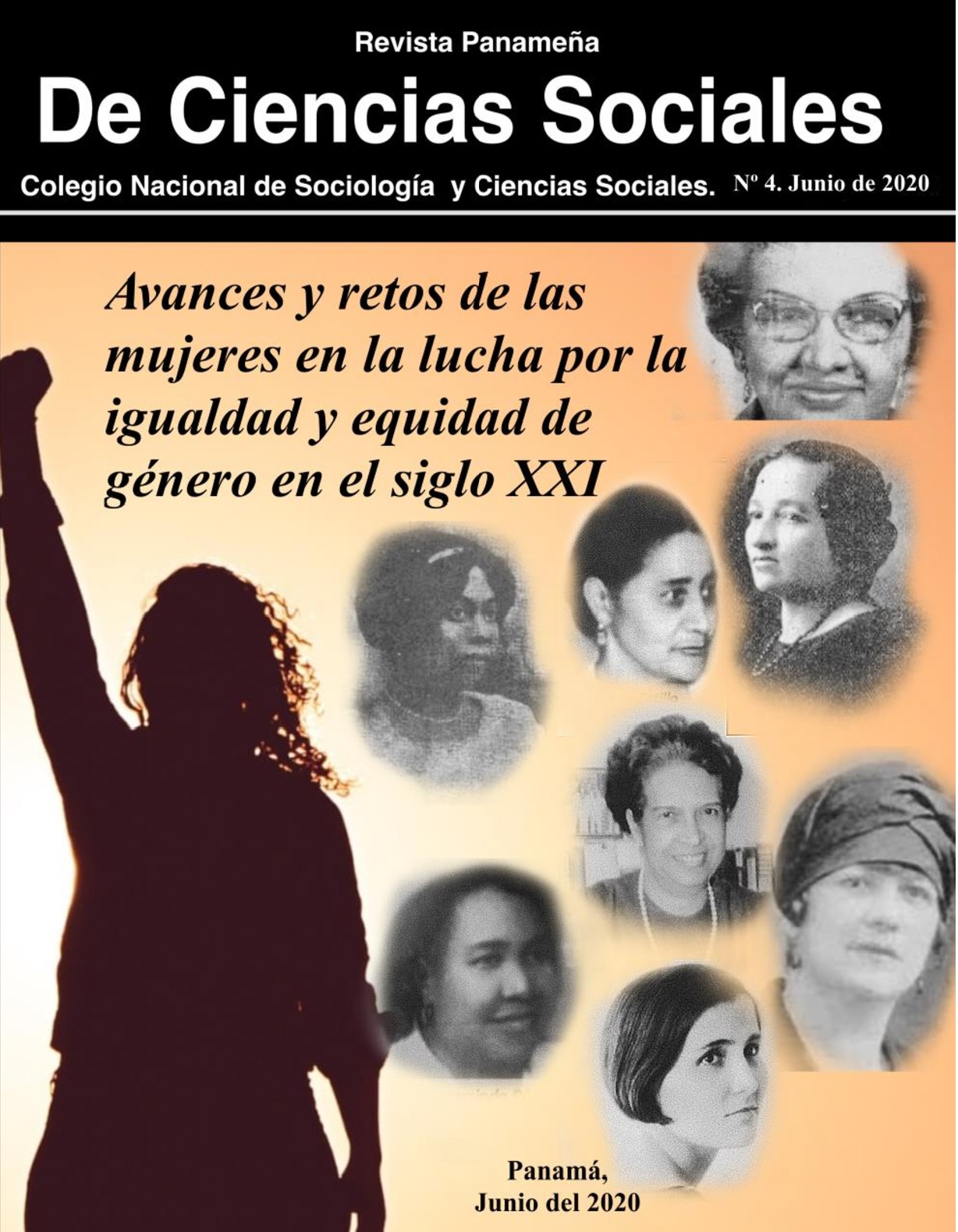

The right to universal women's suffrage, which is currently exercised in Panama, is a democratic conquest, promoted and achieved in the first four decades of the last century, by prominent Panamanian leaders who were constant in these conflicts. An event, often ignored, was decisive in the exercise of full female citizenship, the convocation to the National Constituent Assembly in 1945. It was the election to choose those who would represent the people in the drafting of a new Magna Carta. On May 6, 1945, for the first time, women in Panama were able to go to the polls without any impediment, in addition to exercising the right to universal suffrage, they were also nominated as candidates for this position of popular election. The following year, two of them would be the first elected deputies, guaranteeing that the new Constitution reflected that this political right to citizenship could be exercised by all people over the age of twenty-one, regardless of sex.